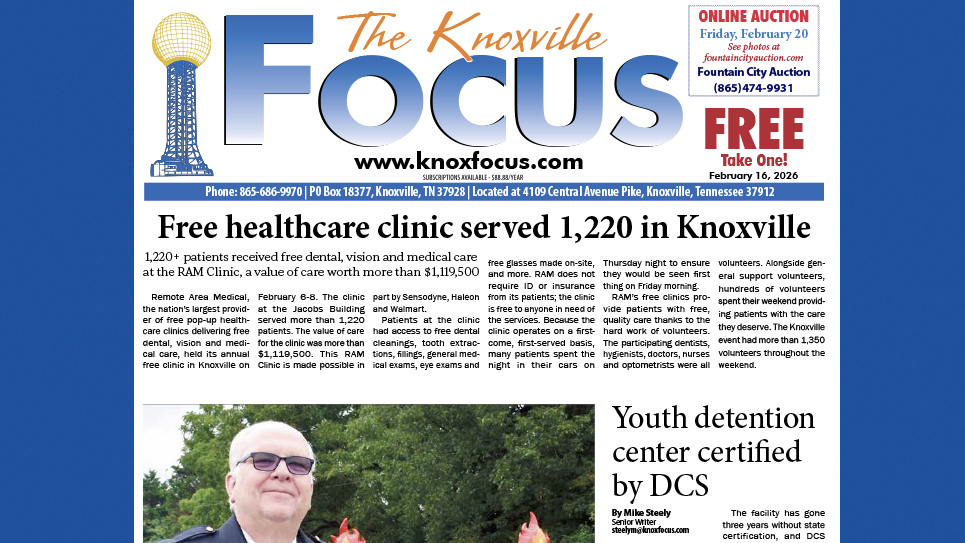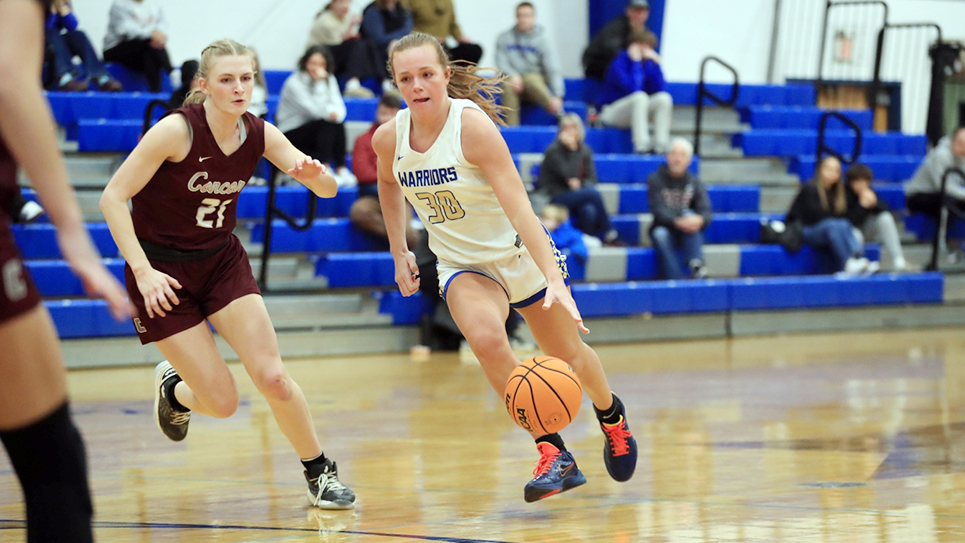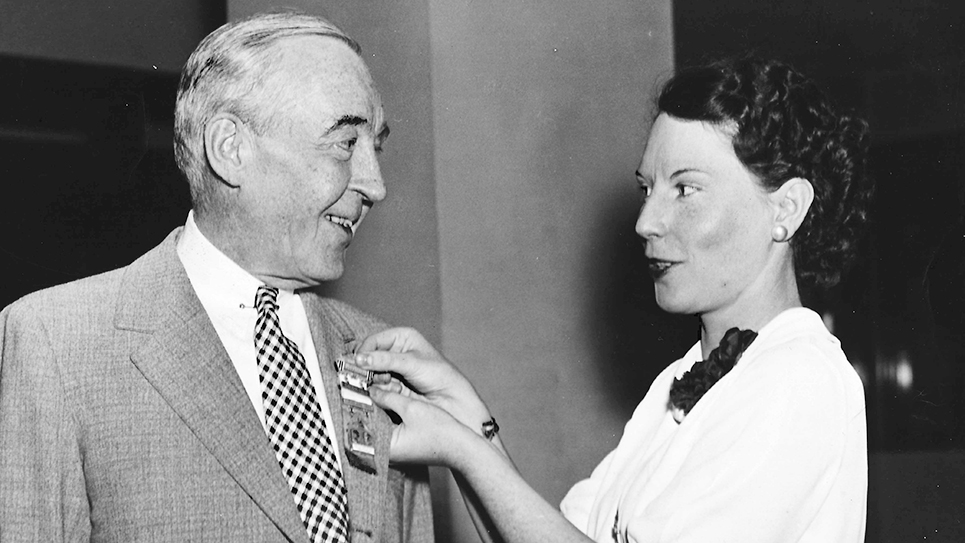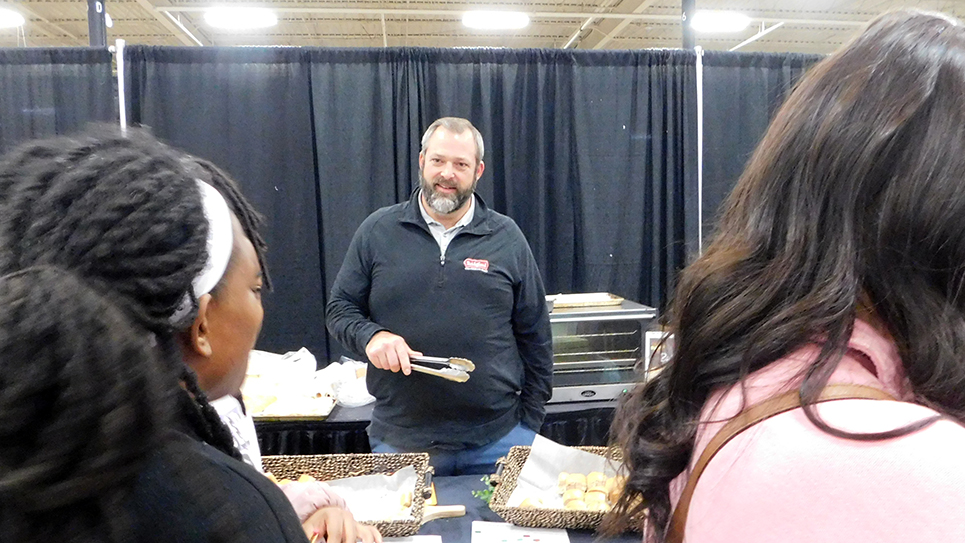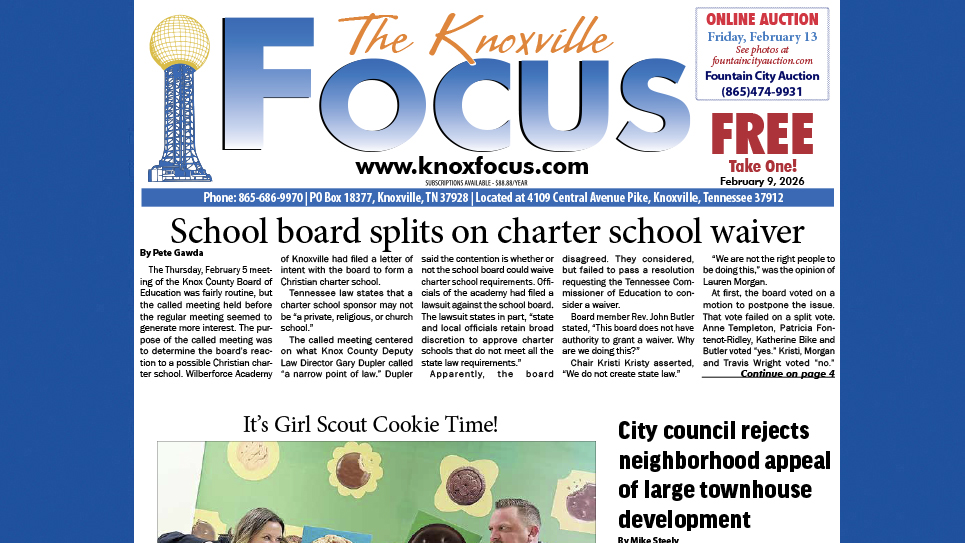Willis Robertson has been gone for almost forty-five years, but for decades he was an important figure in Congress and a member of perhaps the most genteel political machine in the country. Today, if he is remembered at all, it is because he was the father of televangelist Pat Robertson.
Absalom Willis Robertson was born May 27, 1887 in Martinsburg, West Virginia. His father, Franklin Pierce Robertson, was named for the fourteenth president of the United States. Robertson himself was named for the third son of King David, the wayward Absalom, whom the Bible refers to as the most handsome man in all of Israel. It was Absalom who led a rebellion against his father, although he was reputedly the king’s favorite son. Absalom had his half brother murdered for having raped their sister. Fearing his father’s wrath, Absalom fled to the house of his grandfather, Talmai, the King of Geshur. It was three years before Absalom was forgiven by his father and he returned to Jerusalem.
Absalom betrayed his father’s trust and incited a rebellion that left King David largely bereft of support. It was the father’s turn to flee after Absalom had declared himself king. Following a great battle fought in the Wood of Ephraim, Absalom’s army was destroyed by forces loyal to King David. Fleeing, Absalom caught his luxuriant locks in the branches of a tree and found himself trapped. Joab, King David’s commander of the host, was told of Absalom’s predicament and killed him. Despite all that he had done, David gave his famous lament, “O my son Absalom, my son, my son Absalom! Would God I had died for thee.”
Willis Robertson shorted his own name and only used his first initial.
Robertson earned a law degree and was elected to the Virginia State Senate in 1915, where he served for six years. Following his exit from the State Senate, Willis Robertson became the attorney for Rockbridge County.
The young attorney was nominated to run for Congress in 1932 and came into office with Franklin D. Roosevelt. Willis Robertson was reelected each succeeding election through 1946. Most of Virginia’s congressmen had to be content to serve in the House of Representatives, as both of Virginia’s Senate seats were occupied by two veterans of the Old Dominion state’s politics. Claude A. Swanson had been a congressman, governor and only vacated his seat in the U. S. Senate when FDR appointed him to serve as Secretary of the Navy. Swanson’s place was taken by former governor Harry F. Byrd, who founded and maintained the machine that would come to dominate Virginia’s politics for decades.
Virginia’s other seat in the Senate was held by Carter Glass, whom Franklin Roosevelt had referred to as an “unreconstructed rebel.” Glass had been a congressman and Secretary of the Treasury under President Woodrow Wilson. The peppery Glass showed no signs of ever retiring.
Congressman Robertson, along with Nevada Senator Key Pittman, were the prime sponsors of an act which created a tax that still exists today and still provides most of the funding for wildlife areas in the United States.
Although the Democrats held complete sway in Virginia, the Byrd machine was very conservative in nature and philosophy. Few important posts were filled by the voters without Harry Byrd’s express approval. Only one man managed to get elected governor without Byrd’s blessing, James H. Price. Governor Price was an ardent supporter of Franklin Roosevelt and the New Deal, while neither Harry F. Byrd nor Carter Glass could stomach much of FDR’s progressive legislation. Willis Robertson was conservative enough to become an important member of the Byrd machine.
Robertson was ambitious and rumors would float around every election that the congressman might be interested in running for governor. He never received the support of Senator Harry F. Byrd for higher office.
Like most Virginia Democrats, Willis Robertson was highly skeptical of many of the Roosevelt administration’s proposals in Congress. Congressman Robertson voted against social security legislation, work relief and routinely opposed any bill designed to benefit organized labor. While Robertson was almost certainly a disappointment to Roosevelt on domestic matters, the congressman was strongly in favor of FDR’s foreign policy. Congressman Robertson stoutly backed preparedness legislation, providing loans to Great Britain, and endorsed the idea of the United Nations.
Carter Glass was reelected to the United States Senate in 1942, but it soon became apparent the eighty-four year old senator was seriously ill. In fact, Glass never returned to the Senate. Eventually even newspapers otherwise supportive of the Byrd machine called for Glass to resign as the senator was clearly incapacitated. Glass’s second wife refused to consider the possibility despite the fact Senator Glass had not been seen on Capitol Hill in years.
Allen Drury, then a young reporter, wrote in his diary, “…from the guarded suite…through whose doors no outsider has passed in many months to see what lies within, has come the usual answer. Mrs. Glass has replied for the Senator. The suggestion will not be considered.”
The speculation and calls for Glass’s resignation ended on May 28, 1946 when the senator died. Willis Robertson very much wanted the senatorial nomination to succeed Carter Glass and he hoped for Harry F. Byrd’s support. Byrd was worried about the possible candidacies of Congressman Howard Smith and former governor Colgate Darden. Frustrated, Willis Robertson went ahead and announced his own candidacy while Byrd declared he would remain neutral.
Yet Willis Robertson’s initial determination began to fade and he dithered and appeared highly indecisive. Robertson, profoundly worried the Democratic state convention would draft former governor Darden, announced he was withdrawing from the senatorial contest. Darden had already stated he was not a candidate and Robertson once again declared he would seek the Democratic nomination only to withdraw a second time in August of 1946. Robertson feared he would not be able to win a majority of the delegates in the convention. His exasperated campaign manager admonished him that few things in politics were a certainty and to “keep calm!”
When Virginia’s Democrats assembled for their convention, it looked like Willis Robertson’s worst fears were more than valid. Former governor Darden led throughout the first ballot, followed by Congressman Howard Smith. Robertson did not even run third, but fourth. Darden changed the entire complexion of the convention when he made it perfectly clear he was not a candidate and withdrew his candidacy with a finality that made an impression upon the delegates. Robertson finally won the Democratic nomination on the third ballot.
Congressman Robertson won the special election to fill the remaining two years of the late Carter Glass’s term of office easily, beating Republican Robert H. Woods with almost 70% of the vote.
Robertson’s relationship with Harry Byrd was quite friendly, but hardly perfect or without stress. Both had come to the Virginia State Senate at the same time and both headed to Washington, D. C. the same year. Senator Robertson certainly agreed with Byrd about civil rights, but they differed on issues of foreign policy. They also began to differ about politics in Virginia. Robertson was never fully accepted by Byrd’s innermost circle, a fact the senator likely realized and may well have spurred his bid for occasional independence.
Byrd was a wealthy apple grower and his attendance in the Senate could be sporadic, while Willis Robertson had one of the best attendance records of all senators. Unlike Byrd, Robertson diligently studied pending legislation and was recognized for his expertise in several fields, including foreign trade, taxes and tariffs.
Robertson had crushed his primary opponent to win a full six-year term in 1948 and openly supported Democratic presidential nominee Adlai Stevenson in 1952, while Harry Byrd began his typical “golden silence” in presidential elections until his death. The GOP candidate, Dwight Eisenhower, carried Virginia, as well as Tennessee, Florida, and Texas. It was the first time a Republican had breached the previously impenetrable walls of the formerly solid Democratic Southland.
Even on the issue of civil rights, the two senators began to have differences. Byrd’s machine initiated a policy of massive resistance to the integration of Virginia’s public schools, which Senator Robertson gave only token support. The policy collapsed completely in 1960 following a series of rulings by courts. Robertson had serious concerns about the Byrd machine closing public schools instead of integrating them.
Byrd and Robertson continued to disagree about American foreign policy. Robertson had supported the Marshall Plan and the Truman Doctrine to contain Communism. Byrd, always obsessed by expenditures, voted against both. When Southern Democrats bolted the party in 1948 to back South Carolina Governor J. Strom Thurmond for president against Truman, Willis Robertson was aghast. He refused to even consider the notion of supporting the “Dixiecrats”. Robertson believed the States Rights party would threaten support for Democrats in the South in general and Virginia in particular.
Byrd chose John S. Battle to run for governor of Virginia in 1949 and Senator Robertson was less than enthused in his support. Senator Robertson’s own reelection campaigns frequently coincided with national president election and he was irritated by Harry Byrd’s refusal to endorse the Democratic nominee. Byrd had not endorsed Harry Truman in 1948 nor had he supported John F. Kennedy in 1960. Harry Byrd likely had not personally voted for a Democratic candidate for president since FDR in 1936. Willis Robertson had been running for reelection in both 1948 and 1960 and felt his colleague’s “golden silences” were helping to undermine Virginia Democrats. Byrd endorsed no candidate for president precisely because he felt the Democratic nominees were too liberal, but felt should he endorse a Republican candidate, it might well lead to a rise of Republicanism in Virginia. Senator Robertson’s refusal to knuckle under and quiet down annoyed many Byrd stalwarts, not the least of whom was Harry F. Byrd, Jr. The younger Byrd chided Senator Robertson publicly in an editorial in his newspaper, the Winchester Evening Star, accusing Virginia’s junior senator of having supported Adlai Stevenson to protect his own personal political interests. Much to the surprise of both Senator Byrd and his son, there was a considerable negative reaction to the editorial critical of Willis Robertson. Harry F. Byrd, Jr. quickly found himself back-peddling.
Relations between Virginia two United States senators had begun to chill.
Personally, A. Willis Robertson was tall, handsome, and as he aged, looked very much like the type of man who would be cast to play a United States senator. Although he was very conservative with his own money, Robertson was always quite well dressed. Courtly and highly loquacious, Robertson was well liked by his colleagues and his constituents. Willis Robertson also liked to sing and was part of a congressional quartet that performed for veterans who were confined to hospitals. Senator Robertson was also a very religious man and frequently led the regular Senate prayer breakfasts each week.
In spite of Virginia having voted for Richard Nixon over John F. Kennedy, Robertson won his own reelection campaign with more than 80% of the vote. It was his last great political victory.
Although seventy-nine years old in 1966, Willis Robertson announced he would seek another six-year term in the Senate. Ever cautious politically, he had offended the most powerful Democrat in the country two years earlier: Lyndon B. Johnson. Robertson had shied away from the “Southern Special” train of Lady Bird Johnson when she was campaigning through Virginia in 1964 for her husband. LBJ never forgot the slight and some say it was the president who helped to recruit Willis Robertson’s challenger inside the 1966 Democratic primary, William B. Spong.
Not quite forty-six years old as the primary campaign got under way, Spong immediately set out to portray Senator Robertson as ancient and out of touch. Spong employed the campaign slogan of “A Man for Today,” which, of course, implied that Willis Robertson was a man of yesterday. Bill Spong campaigned relentlessly and at a pace the elderly incumbent could not keep up with, criticizing the senator for having opposed legislation to prevent water pollution, support education, and develop urban mass transit. Spong beat home the theme that things were changing in Virginia and Willis Robertson had not changed at all.
Chairman of the Senate’s banking committee, Senator Robertson had ample campaign funds and broad support throughout financial institutions. During the primary it was not unusual to walk into a bank and find all of the tellers adorned with Robertson campaign buttons in their lapels. Still, Willis Robertson lost by 611 votes out of more than four hundred thousand cast.
Harry F. Byrd was dead, Willis Robertson was defeated and a Republican resurgence was soon to wash over Virginia. While there were still important vestiges of the Byrd machine, it was a new era in the Old Dominion State.
Gentlemanly to the last, Robertson resigned his seat early so Spong could enter the Senate with a small advantage in seniority. He retired and died on November 1, 1971 at eighty-four.


